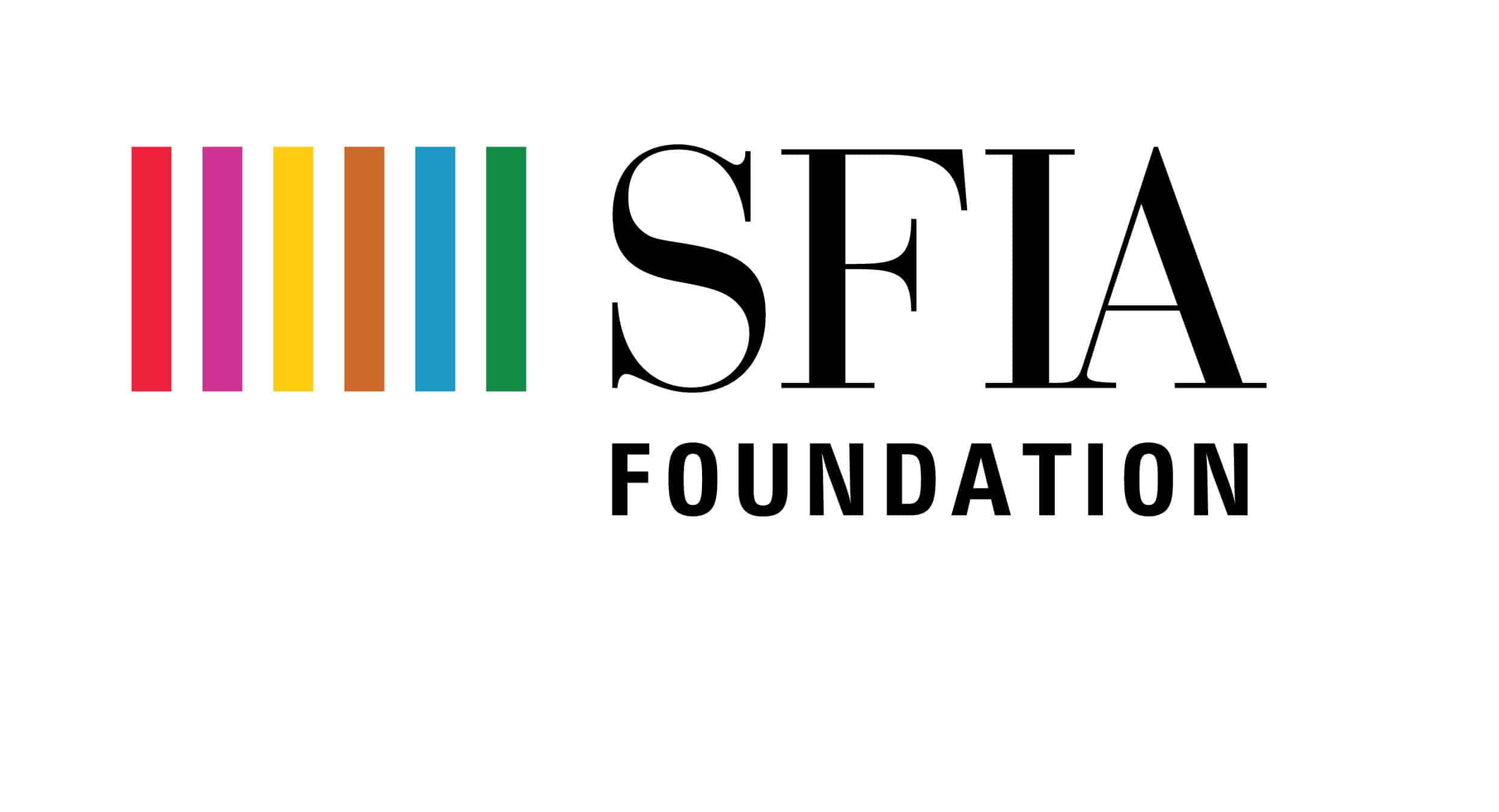For professionals working in the fast-changing world of Information Technology (IT), the challenge is to maintain up-to-date skills and knowledge while also preparing for career roles that may not yet exist. The Skills Framework for the Information Age navigates this constant technological change and enables individuals to determine their current skills’ profile; identify possible career roles; and recognise development areas to focus on to help achieve career goals.
SFIA Foundation released the sixth version of SFIA on the 1 July 2015. SFIA provides a common reference model in a two-dimensional framework consisting of skills on one axis and seven levels of responsibility on the other. The complete reference guide describes the 97 skills in detail. Each skill comprises an overall definition and descriptions of the levels of responsibility at which the skill might be exercised.
Organisations can use SFIA for overall resource management. The SFIA framework can be incorporated in the job descriptions, profiles of specific roles at various levels, corresponding expected mindsets, and training requirements. During recruitment SFIA helps employers to accurately describe what they need, in a language that potential employees understand. Education bodies, universities, colleges and training providers can map their offerings to SFIA, to ensure the most appropriate courses and certifications are selected for individuals, providing the knowledge they need. Professional bodies and membership organisations can map SFIA to their membership levels, certifications, professional development and mentoring programmes. SFIA is used to identify suitable mentors, supporting knowledge and experience sharing and coaching activities.
On the market there are many software products built on the SFIA framework. One of them is mySFIA, which is available to members of Australian Computer Society (ACS). mySFIA supports the following:
- Self-assessment (tool guides users through 96 pre-defined skills and ask them to classify individual proficiency to each skill).
- Career planning (users can select predefined occupation roles, such as Business Systems Analyst; compare their current skills with the skill profile of selected occupation and identify gaps and potential professional development areas to focus on).
- Accredited assessment (individual’s self-assessed skills profile can be independently validated by the ACS).
For professionals in Dynamics industry, Microsoft Dynamics Sure Step (Sure Step) provides an overview of consulting and customer roles typically involved in implementation projects. Each Sure Step role includes detailed information on the knowledge and expertise needed to perform the tasks (e.g. experience in Web Services). SFIA, on the other hand, doesn’t describe any technology-specific skills or qualifications.
Both frameworks, SFIA and Sure Step, have their own unique advantages. Sure Step is specific and brings value to Dynamics businesses. However, SFIA is applicable cross-industry and provides de-facto global standard.







